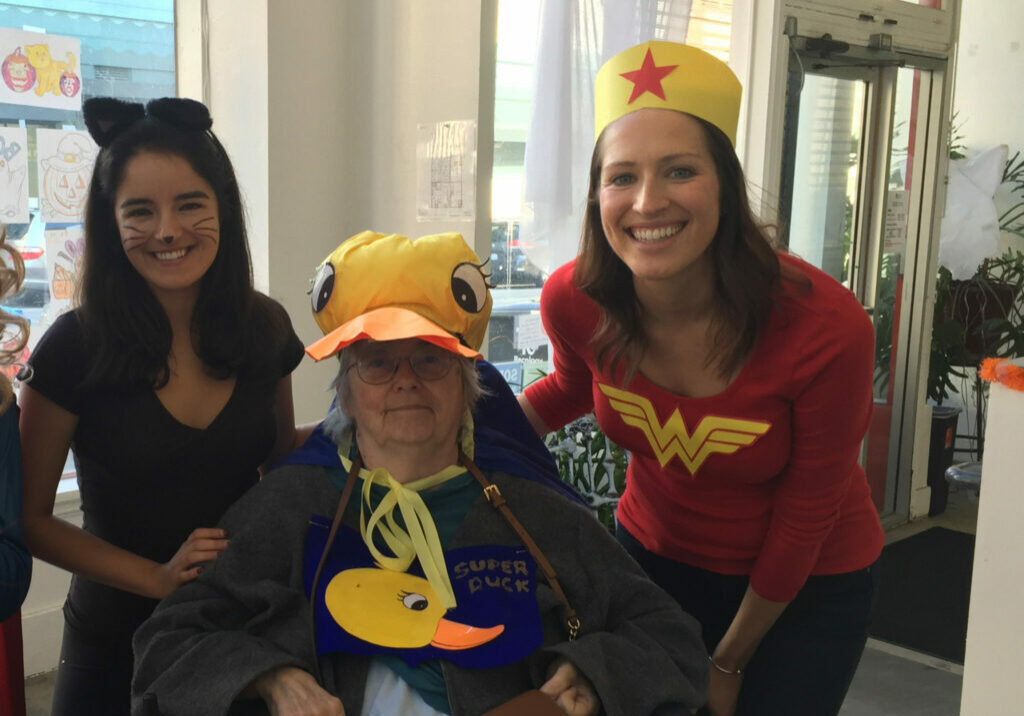Braid Mission
Blog
Why We Say Goodbye
Making the time and effort for healthy transitions is one of the most important things we do at Braid.
 [Spoiler alert: If you haven’t watched the second season of “Ted Lasso,” scroll down to the second section.]
[Spoiler alert: If you haven’t watched the second season of “Ted Lasso,” scroll down to the second section.]
In the second season of “Ted Lasso,” Ted’s relationship with sports psychologist Dr. Sharon Fieldstone is a major story arc. Over the year, he moves from deep distrust and fear to building a special relationship with Dr. Sharon, and she helps him begin to unpack his major childhood trauma, the loss of his father.
In S2:E11 (“Midnight Train to Royston”), Ted and the team prepare to say goodbye to Dr. Sharon. They choreograph a special dance to NSYNC’s “Bye Bye Bye” (one of my favorite scenes of all time) to perform at her goodbye party and take up a collection for a special gift.
But Dr. Sharon skips out on the festivities, falsely claiming an emergency that causes her to have to depart the evening before her official last day. Ted goes to her apartment to confront her, asking: “How could you just leave?”
Sharon replies: “Sorry, I’m not good with goodbyes.”
Ted: “Yeah, well, when I was a baby I wasn’t good at walking and talking but I stuck with it and look at me now.”
Justifiably angry, he goes on to tell her how much effort everyone has been putting into her sendoff, and how her sudden departure hurt him.
Sharon says: “But Ted, you knew I was leaving.”
Ted: “Yes, I did, but I thought I was at least gonna get a chance to say goodbye to you. I mean, my wife left me. My dad left me. You, more than anyone in the world, know how I feel when I get abandoned, and you just left me.”
Somewhat to her credit, Dr. Sharon had written Ted and every member of the team a personal letter – we don’t ever hear what was in Ted’s, but we see his tearful response as he reads it. But she definitely took the cowardly way out, prioritizing her own comfort over meaningful, reciprocal closure of her relationships with the people she had worked with, and I’m glad Ted called her out on it.
The Science of Attachment
In “What Happened to You? Conversations on Trauma, Resilience, and Healing” by Bruce D. Perry and Oprah Winfrey, Dr. Perry explains how a child’s neural networks are shaped by their experience of the world, particularly how they are treated by the people who are supposed to be caring for them. So if a child is neglected or abused, their brain becomes wired to expect neglect and abuse, and every recurrence reinforces that expectation, like a groove on a record getting deeper and deeper. This affects a young person’s perception of themselves as unlovable or unworthy, because that is what the world has shown them.
The good news is that, even later in life, our brains can develop new neural networks based on different types of relationships and observations of the world. This is the work we all get to be part of at Braid. It is slow going, and it depends on regular, consistent encounters with people who demonstrate – in actions more than words, by showing up dependably – that someone is worthy of their time and attention. That’s why we ask volunteers for a commitment of a year to intentionally build those relationships and a new worldview slowly over time.
But the other side of that coin is that when we lose that intentionality, we also have the power to reinforce those old experiences and patterns of negative self-perception. When a mentor leaves a team without explanation, it feels much like when a young person’s parent was lost to incarceration or murder or addiction or their own learned behaviors of neglect. Every time someone disappears from their life, it reawakens those old voices saying they are not worthy of adults’ taking the time to say goodbye. Our youth almost internalize these losses, thinking that a mentor’s departure is because of something they said or did.
When a volunteer suddenly disappears from their Braid obligations is not just poor form: it causes our vulnerable youth further harm. It is also unfair to one’s teammates, leaving them with the burden of explaining someone else’s absence and trying to convince their youth that no harm was intended. It’s also unfair to the volunteer leaving, if their youth’s last impression of them is of someone who didn’t care enough to say goodbye. Much, if not all, of a volunteer’s good efforts over their time with Braid can be eclipsed by an ungraceful exit.
This is why we insist, to the best of our ability, on healthy transitions for everyone at Braid. This is certainly an expectation of adult volunteers, but also for youth who opt to leave the program. They are often acting from the patterns they have observed in the adults who abandoned them, and they want to disappear before more adults have the chance to do that too. Regardless of who is planning to leave, we always ask that teams work together to make time to say goodbye in an intentional way, to have a special last in-person outing, and to talk about how to stay in touch across distance. If that’s not possible, we encourage taking a page from Dr. Sharon’s book and sending a meaningful card or letter reflecting on special memories.
Chris and I know goodbyes aren’t easy. We have both left communities and organizations and people we loved, many times. I left my hometown to go to seminary. I had to say farewell to that wonderful community when I graduated. Then Chris and I both left an amazing church community in San Diego to start Braid. Every time, I went through a season of goodbyes and uprooting that was painful, but it also gave me an opportunity to honor those relationships and their impact on me and to make plans for how to stay connected to people I had grown to love.
Our youth deserve to know they are loved right to the end of a mentor’s time with their team and beyond. Saying goodbye gracefully lets our youth know they matter and gives them time to process a big change, something they may have not experienced in other relationships before. Chris and I and our team facilitators have walked through many transitions in the last almost-nine years. We are here to help make this a process that makes saying goodbye easier for everyone.



